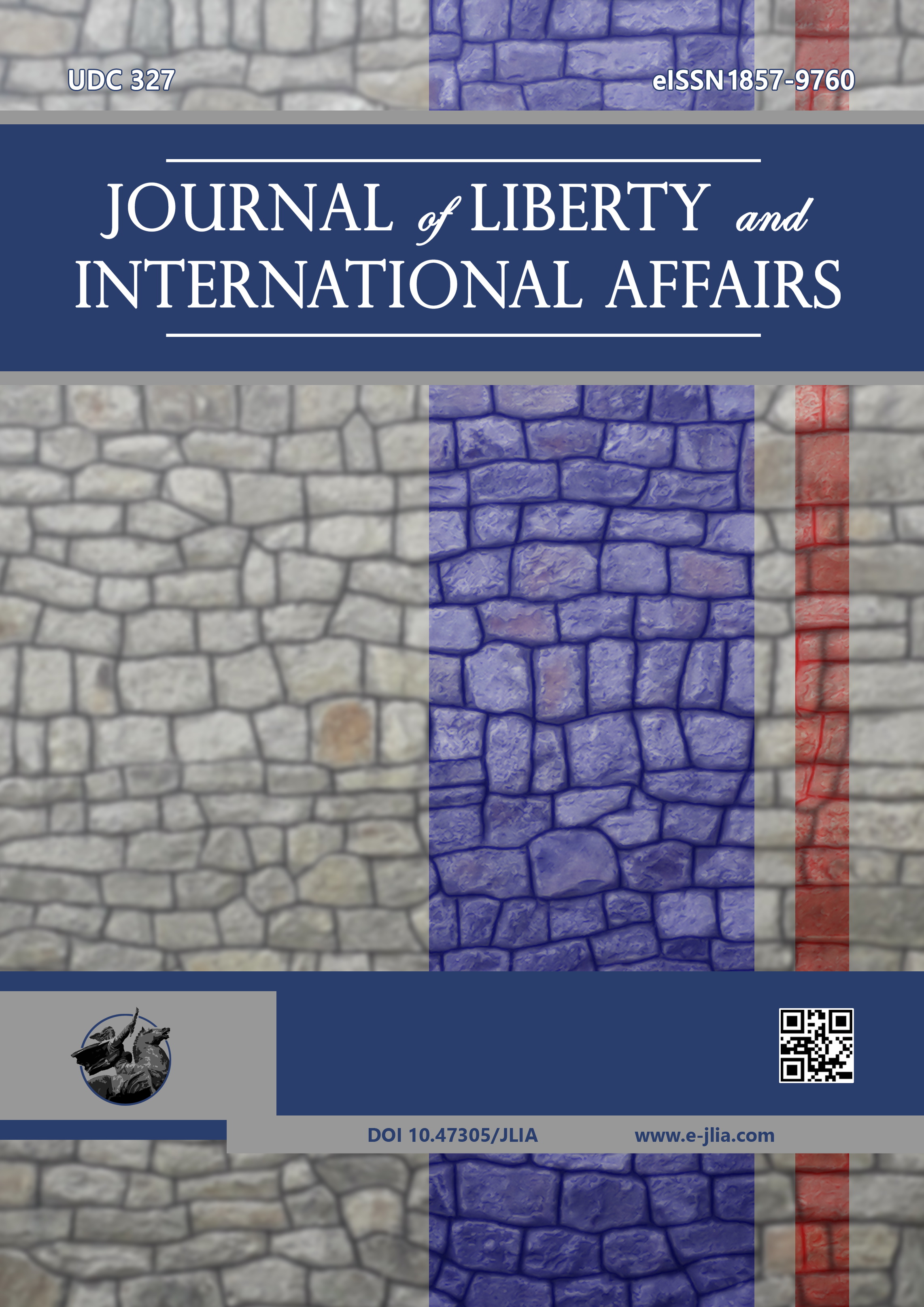GENDERIZING OF THE PARTICIPATION RIGHT IN THE DECISION-MAKING PROCESS: THE ELECTORAL QUOTA AND FEMALE LEADERSHIP IN ALBANIA
GENDERIZING OF THE PARTICIPATION RIGHT IN THE DECISION-MAKING PROCESS: THE ELECTORAL QUOTA AND FEMALE LEADERSHIP IN ALBANIA
Author(s): Evis GarunjaSubject(s): Politics / Political Sciences, Politics, Anthropology, Law, Constitution, Jurisprudence, History of Law, Constitutional Law, Criminal Law, Civil Law, International Law, Human Rights and Humanitarian Law, Political Theory, Political Sciences, Civil Society, Governance, Public Administration, Public Law, Economic policy, Government/Political systems, Electoral systems, Welfare systems, Developing nations, Political behavior, Political economy, Political psychology, Politics and law, Politics and communication, Politics and religion, Politics and society, History and theory of political science, Methodology and research technology, Comparative politics, Culture and social structure , Inter-Ethnic Relations, EU-Approach / EU-Accession / EU-Development, Philosophy of Law, Geopolitics, Politics of History/Memory, Politics and Identity, Corruption - Transparency - Anti-Corruption, Peace and Conflict Studies, Maritime Law, Court case, Asylum, Refugees, Migration as Policy-fields, Comparative Law, Administrative Law
Published by: Institute for Research and European Studies - Bitola
Keywords: Albanian Legislation; Quota; Political Parties; Women’s Participation; Equality
Summary/Abstract: This paper is focused on the Albanian electoral system, its total inclusion approach, protection and promotion of gender characteristics, historical and legal developments on the gender quotas necessity, the comparison in time and space, the barriers and opportunities to promote gender politics in public and social area in Albania. The methodology will consist of a comparative analysis of legislation, the international legal framework, recommendations of international institutions, policy papers on identifying the causes why higher gender representation in politics produces estimated results in the public area, social and economic development. Analysis of the circumstances, historical periods, social and economic impact in legal amendments would be another methodology component. Gender quotas provide a critical minority of women, from 20% to a gender balance of 50%, either as an education of the community to face with real gender balance in common life.
Journal: Journal of Liberty and International Affairs
- Issue Year: 7/2021
- Issue No: 2
- Page Range: 73-89
- Page Count: 17
- Language: English

